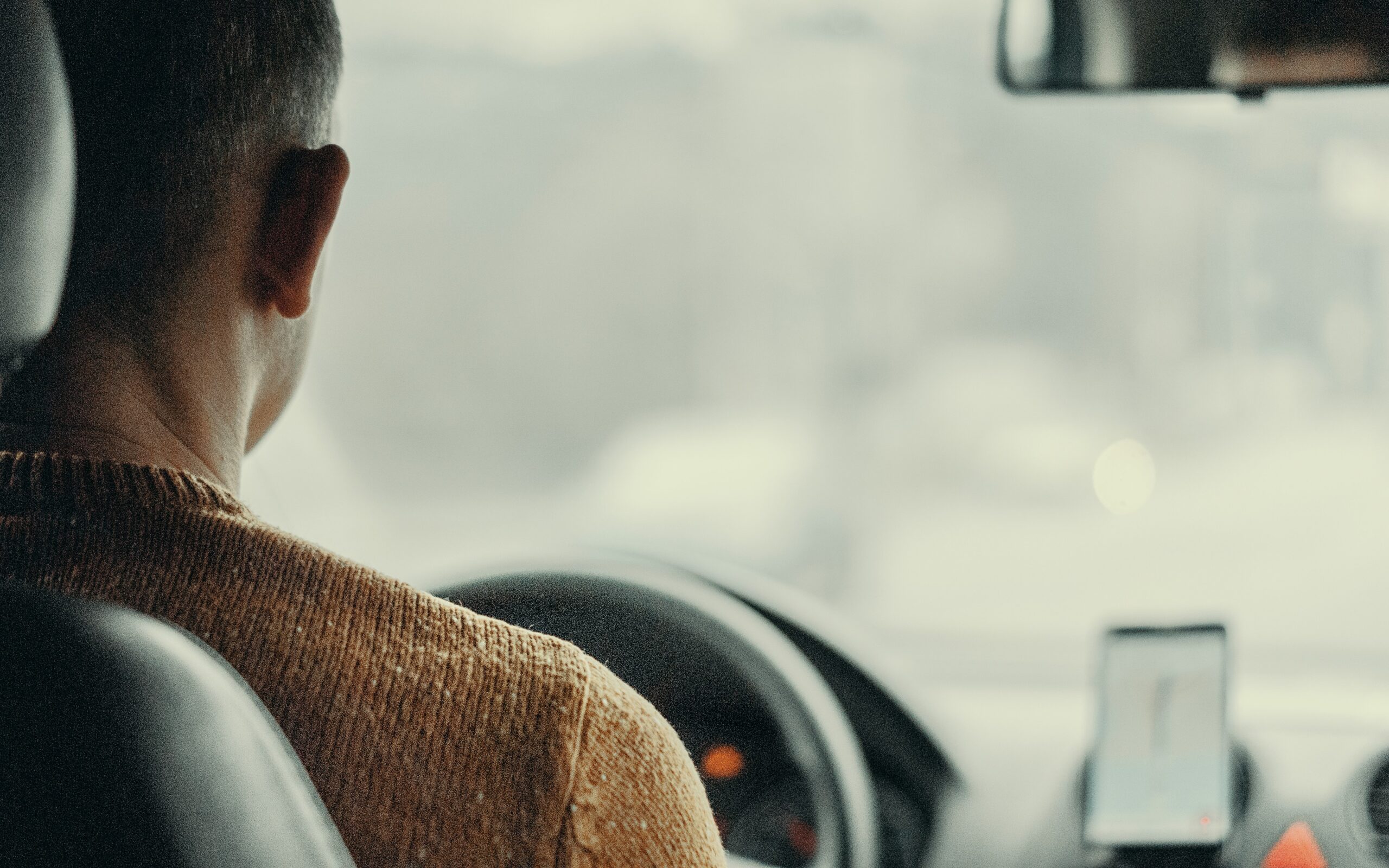In an era where digital platforms have transformed traditional services, Uber has emerged as a leading force in revolutionizing transportation in Florida and beyond. This ride-sharing giant offers an unparalleled convenience, connecting passengers with drivers at the tap of a screen. However, as with any form of transportation, accidents can and do happen. When an Uber ride ends in a crash, passengers are left wondering about their legal rights and the complexities of holding a corporate behemoth like Uber accountable.
Uber’s business model—where drivers are classified as independent contractors rather than employees—muddies the water when it comes to liability in accidents. This distinction is crucial in the legal landscape of Florida, where the laws and court precedents around ride-sharing accidents continue to evolve.

For those involved in an Uber accident, understanding these distinctions and the applicable legal framework is the first step towards determining whether suing Uber is a viable option. Whether you’re a passenger, a driver, or a concerned party, knowing your rights and the intricacies of the law is paramount in these situations.
What is Uber’s Legal Status in Florida?
In the state of Florida, the operation of ride-sharing companies like Uber is governed by a specific set of laws and regulations that distinguish them from traditional taxi services. At the heart of many legal disputes involving Uber is the company’s categorization of its drivers as independent contractors, a status that significantly influences liability in the event of a crash.
Independent Contractors vs. Employees
Uber asserts that its drivers are independent contractors, not employees. This classification has profound implications for liability because, traditionally, employers are responsible for the actions of their employees under the doctrine of “respondeat superior.” However, if drivers are considered independent contractors, Uber argues that it is not liable for their actions to the same extent. Florida law, along with legislation specifically targeting ride-sharing companies, outlines the requirements and protections for both the drivers and the passengers.
Florida’s Legislation on Ride-Sharing Services
In 2017, Florida passed statewide legislation regulating Transportation Network Companies (TNCs), which includes Uber. This law mandates that ride-sharing companies must provide primary automobile insurance coverage when a ride is accepted until its completion. This includes $1 million of coverage for death, bodily injury, and property damage, as well as coverage for instances when the driver’s personal insurance does not apply. This insurance plays a crucial role in compensating victims of crashes involving Uber vehicles.
Despite these regulations, the question of whether Uber can be held liable in the event of a crash is complex and often depends on the specific circumstances of each case. The company’s insurance policies provide a certain level of protection for passengers, but the process of claiming compensation is not always straightforward.
The Role of Florida Courts
Florida courts have grappled with cases challenging Uber’s classification of drivers and its implications for liability. While some rulings have favored the protection of passengers and the public, others have underscored the limitations of holding Uber accountable under its current operational model.
These legal precedents continue to shape the landscape of ride-sharing liability in Florida, influencing both ongoing and future litigation against companies like Uber.
Understanding Uber’s legal status and how Florida law applies to ride-sharing services is essential for anyone involved in a crash. This knowledge not only informs passengers of their rights but also outlines the potential avenues for seeking compensation and justice.
When Can You Sue Uber?
In the aftermath of an Uber crash in Florida, determining the circumstances under which you can sue Uber is critical. The legal framework and Uber’s policies create specific scenarios where the company may be held liable.
Driver Negligence
If the Uber driver’s negligence led to the crash, you might have grounds to sue Uber. Negligence could include reckless driving, driving under the influence, or failure to adhere to traffic laws. In these instances, Uber’s insurance is designed to cover damages, but pursuing a lawsuit could be warranted if the compensation offered is insufficient or if there are disputes over liability.
Vehicle Conditions
Uber requires drivers to maintain their vehicles in good working order. If a crash results from the vehicle’s poor condition, which should have been addressed by the driver, this could open a path to litigation. The challenge here lies in proving that the vehicle’s condition was a direct cause of the accident and that either Uber or the driver was aware of the issue.
Insurance Coverage Disputes
While Uber provides insurance coverage for drivers and passengers during rides, disputes over the applicability of this insurance can arise. If Uber or its insurer denies a claim or offers compensation that doesn’t fully cover your losses, legal action may be necessary to obtain fair compensation.
Uninsured or Underinsured Motorists
In cases where another motorist is at fault for the crash, but they are uninsured or underinsured, Uber’s insurance includes coverage for such situations. However, accessing this coverage can be complicated, potentially requiring legal action to ensure proper compensation.
Suing Uber: Considerations
Before proceeding with a lawsuit against Uber, it’s essential to consider the company’s robust legal defenses and the complexities of proving liability. Consulting with a legal professional experienced in ride-sharing litigation can provide clarity on the feasibility of your case and the best strategy moving forward.
Contact Gonzalez & Cartwright, P.A. Today
While suing Uber in Florida presents various challenges, they are not insurmountable with the right approach and legal expertise. Understanding these potential obstacles and preparing accordingly can enhance your chances of a successful legal outcome. Contact Gonzalez & Cartwright today at 561-533-0345 or schedule your free consultation online.